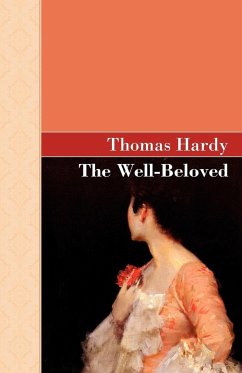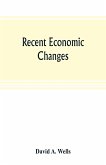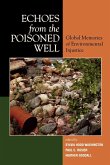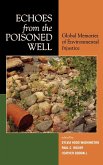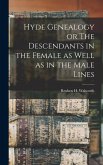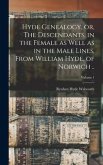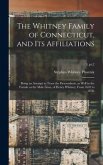The Well-Beloved is a story of one man's obsessive search for the perfect woman. Jocelyn Pierston is a sculptor. All his life he has been haunted by an image of beauty - the 'well-beloved' - which he yearns for both as an artist and as a lover. Glimpses of her are fleeting, as different women seem to embody this ideal for a time; Pierston grasps but cannot hold his well-beloved. His lifelong search leads to his courtship of three generations of women on the Isle of Slingers (an evocative rendering of the real-life English island of Portland). The last of Thomas Hardy's novels to be published, The Well-Beloved is a haunting meditation on art and life.
Hinweis: Dieser Artikel kann nur an eine deutsche Lieferadresse ausgeliefert werden.
Hinweis: Dieser Artikel kann nur an eine deutsche Lieferadresse ausgeliefert werden.

